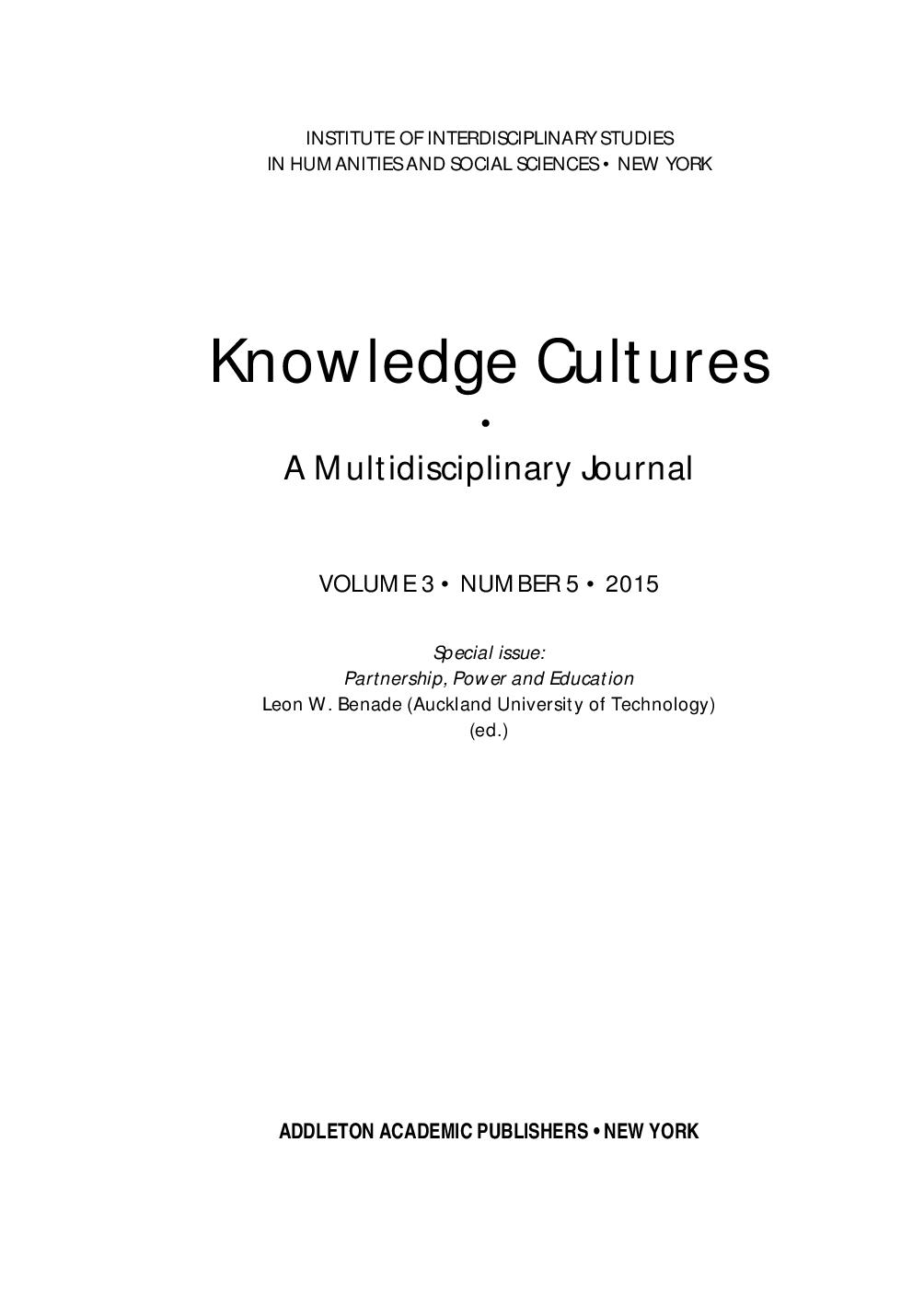LEARNING IN THE AGE OF MIND AMPLIFICATION
LEARNING IN THE AGE OF MIND AMPLIFICATION
Author(s): Petar Jandrić, Howard RheingoldSubject(s): Education, Electronic information storage and retrieval, Ethics / Practical Philosophy, Communication studies, Business Ethics
Published by: Addleton Academic Publishers
Keywords: mind amplification; wisdom of the crowd; hacker ethic; real vs. virtual; physical vs. virtual; communalism; conviviality;
Summary/Abstract: This conversation presents insights into learning in the age of mind amplification by the one of the pioneers of digital technologies. The first part of the conversation briefly examines lessons from the recent history of computing and looks into main motivators for developers of early digital technologies. It places development of computers between two strong influences – the hacker culture and the U.S. military – and briefly touches upon the position of women in information science. The second part of the conversation explores historical development of virtual reality and replaces the distinction real vs. virtual by the distinction physical vs. virtual. It analyses the main strengths and drawbacks pertaining to the metaphor of digital (post)colonization, introduces the concept of mind amplifying technologies, and outlies the distinction between collective intelligence enabled by mind amplifying technologies and artificial intelligence. The third part of the conversation inquires natural limitations to human interactions with technologies. It shows that the Internet is a commons, and places it into the context of the “traditional” commons such as watersheds and airwaves. Looking at the Internet as a (social) science laboratory, it asks eternal questions about human nature and looks into abandoned communalist hopes of social change through personal transformation supported by convivial tools. The last, fourth part of the conversation, challenges the traditional monopoly of schools on learning. It inquires potentials of digital technologies for critical emancipation. It compares traditional methods of knowledge creation with “wisdom of the crowd” effect, and shows that we are moving into a mixed ecosystem which contains both. Finally, the conversation analyses some consequences of (the lack of) Internet freedoms for people’s everyday lives, shows that digital technologies have developed much faster than human ability to use them, and concludes that the main uncertainty about future of humankind is closely related to how quickly and how much we learn about technologies, individually and collectively.
Journal: Knowledge Cultures
- Issue Year: 3/2015
- Issue No: 05
- Page Range: 149-164
- Page Count: 16
- Language: English
- Content File-PDF

